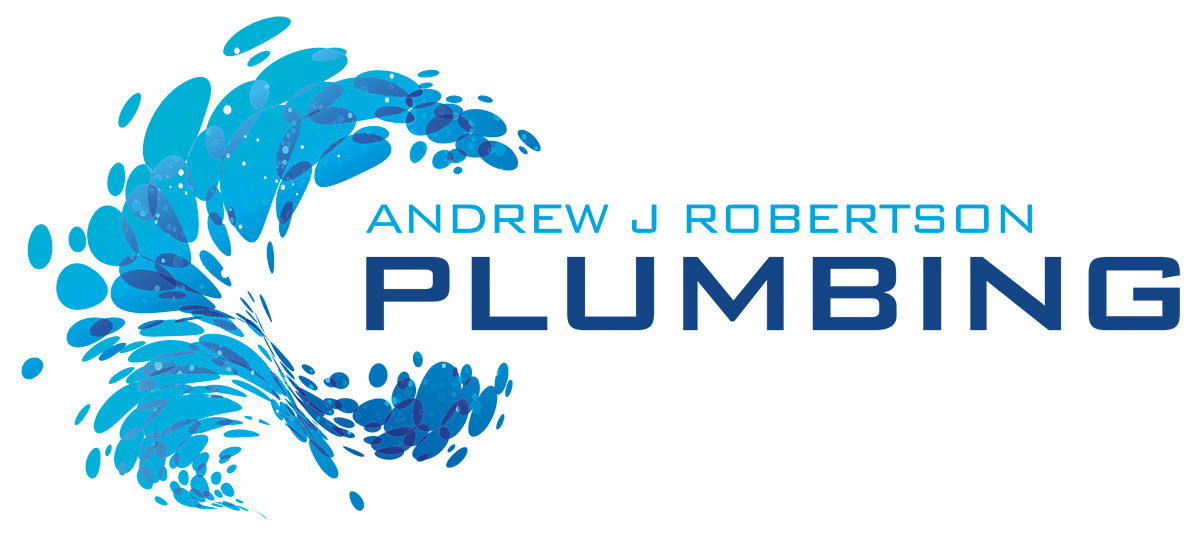Dealing with a clogged drain can be frustrating, especially when it happens unexpectedly. Whether it’s in your kitchen sink or bathroom basin, a blocked drain can throw off your day. Fortunately, there are several safe and effective DIY methods you can try to clear minor clogs, saving you a call to the plumber.
Safe DIY Methods for Unclogging Drains
If you’re dealing with a minor clog, try these simple and safe methods to clear it without damaging your pipes.
Boiling Water
The most affordable and straightforward method for clearing soft clogs like grease, soap scum, or food debris is boiling water.
Process:
- Boil 3 cups of water.
- Carefully pour the hot water down the drain in stages.
- Let each pour sit for a few seconds before repeating.
- If you have PVC pipes, allow the water to cool slightly to around 79°C to avoid damage.
Boiling water is best for soft blockages and can be used frequently as part of regular drain maintenance.
Baking Soda and Vinegar
For more stubborn clogs, the classic combination of baking soda and vinegar is a gentle yet effective method at breaking down blockages without harsh chemicals.
Process:
- Pour 1/3 cup of baking soda with 1/3 cup of vinegar down the drain.
- Let it sit for 15–30 minutes as the fizzing action helps break up the clog.
- Finish by flushing with hot water.
This method works especially well for grease and soap scum blockages, leaving your pipes fresh and clean.
Using a Plunger
A plunger can clear clogs that are close to the drain’s surface, such as hair or food scraps.
Process:
- Use a cup-style plunger (not a toilet plunger).
- Submerge the plunger in water to fully cover the drain.
- Plunge with short, sharp movements, creating suction.
- Quickly pull the plunger up to see if the clog is dislodged.
- If debris comes up, remove it promptly.
Plunging is a quick solution for many minor blockages, particularly those caused by hair or food.
Drain Auger/Snake
For deeper clogs, a drain auger or plumber’s snake can help break up the blockage. This tool is best used when plunging doesn’t work.
Process:
- Insert the auger into the drain and twist it until you hit the clog.
- Rotate the auger to either hook or break up the obstruction.
- Slowly pull the auger back out.
While effective, this method can be tricky for beginners. For occasional blockages, it’s often best to call a professional plumber. If you’re unsure, don’t hesitate to reach out for expert help.
Preventing Future Clogs
Preventing clogs in the first place can save you time and effort in the long run. Here are a few habits to help keep your drains clear:
Use a Sink Strainer: A simple strainer can catch food scraps and hair before they go down the drain.
Flush with Hot Water: Once a week, flush your drains with hot water to prevent grease and soap buildup.
Regular Drain Cleaning: In the bathroom, regularly clean your drains with natural solutions like baking soda and vinegar to keep hair and soap scum from causing blockages.
These small steps can go a long way in maintaining your plumbing system.
When to Call a Professional
While these DIY methods are effective for minor clogs, sometimes the issue is more serious. If your efforts don’t work or if you suspect a larger issue, such as a pipe break or major blockage, it’s best to contact a professional.
Andrew J Robertson Plumbing is proud to serve Malvern East, tackling clogs and blockages with expertise. Whether it’s a routine check-up or an urgent issue, our team has the experience and tools to ensure your drains are working smoothly.
Contact Andrew J Robertson Plumbing today to ensure your plumbing stays in top condition!
